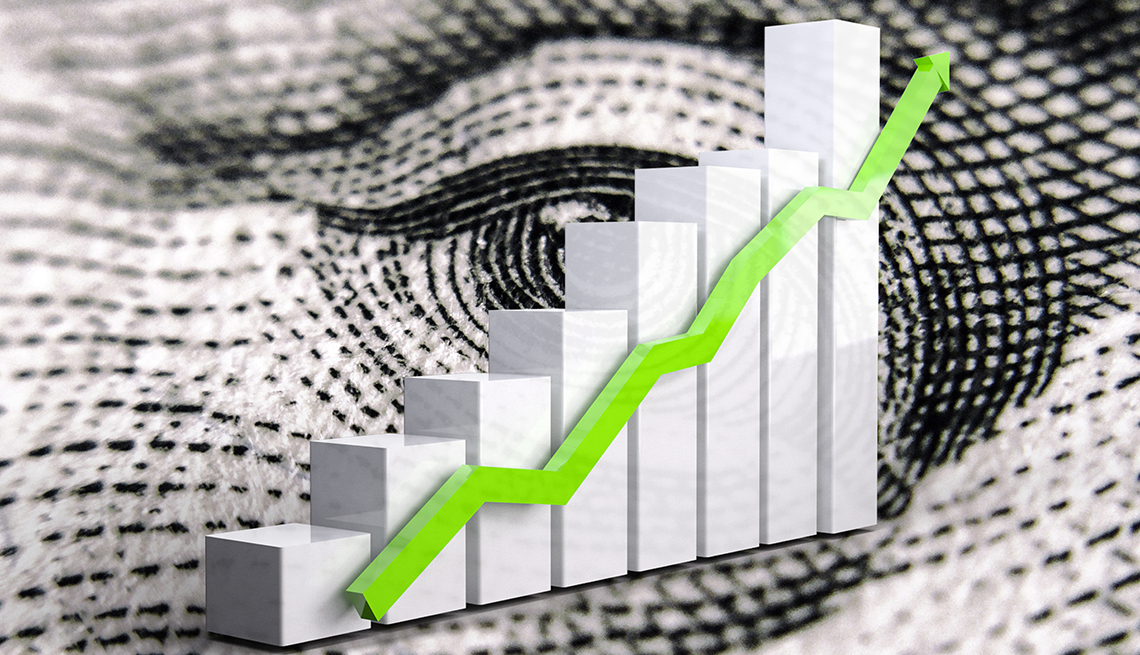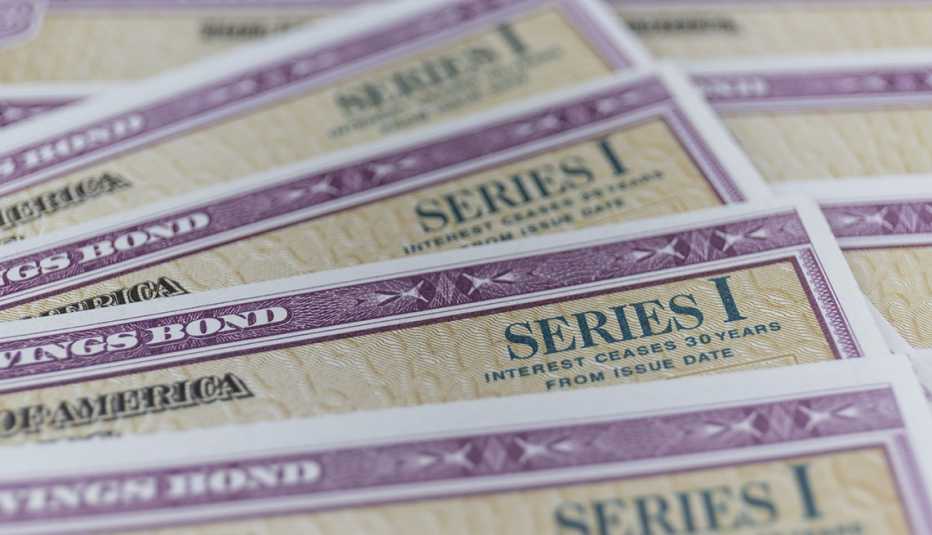AARP Hearing Center
If you want to earn 4 percent or more on your money with relatively low risk, investing in certificates of deposit (CDs) can be a way to do so. And if you want to make the job of finding high-yielding CDs easier, you might consider buying them through your broker.
A traditional bank CD is a bank deposit that pays interest for a set period of time — typically one month to five years, although you can get CDs that mature in up to 20 years. A traditional bank CD comes with an early withdrawal penalty if you cash in the CD before its maturity date. The penalty is usually a few months’ worth of interest, but you should always check the terms before you invest.
Because your funds are locked up, a CD typically pays more than most savings or money market accounts. For example, the average one-year CD rate during the week of Jan. 11 was 1.41 percent, compared with 0.26 percent for the average bank money market account, according to Bankrate.com.
But those are just average yields. The Federal Reserve has been raising short-term interest rates since March, 2022, pushing its key fed funds rate from 0.25 percent to a range of 4.25 to 4.5 percent in December 2022. As a result, CDs are sporting higher yields than they have in more than a decade. For example, as of this writing, many top-yielding one-year CDs yield more than 4 percent. “We’ve been waiting for rates like this for more than a decade,” says Rob Williams, managing director of financial planning and retirement income at the Schwab Center for Financial Research.
Bank CDs versus brokered CDs
A brokered CD, as you might suspect, is sold by a brokerage, such as Fidelity or Charles Schwab. The broker does not issue the CD, which is issued by a bank or credit union. The broker simply markets the CDs to its customers and collects a fee from the banks for its services. The brokerage can buy in bulk, so banks usually offer brokers higher-yielding CDs than they would to small savers.
Because banks issue the CDs, the interest and principal are insured up to $250,000 per account per bank by the Federal Deposit Insurance Corporation (FDIC). You may be able to insure even more, depending on the type of account and how the account ownership is structured. FDIC insurance makes CDs some of the safest investments on the planet.
You will typically receive all the interest at maturity for CDs that mature in a year or less. For CDs with longer maturities, you’ll get interest at set intervals, such as monthly, quarterly or semiannually. Interest is not compounded.








































































